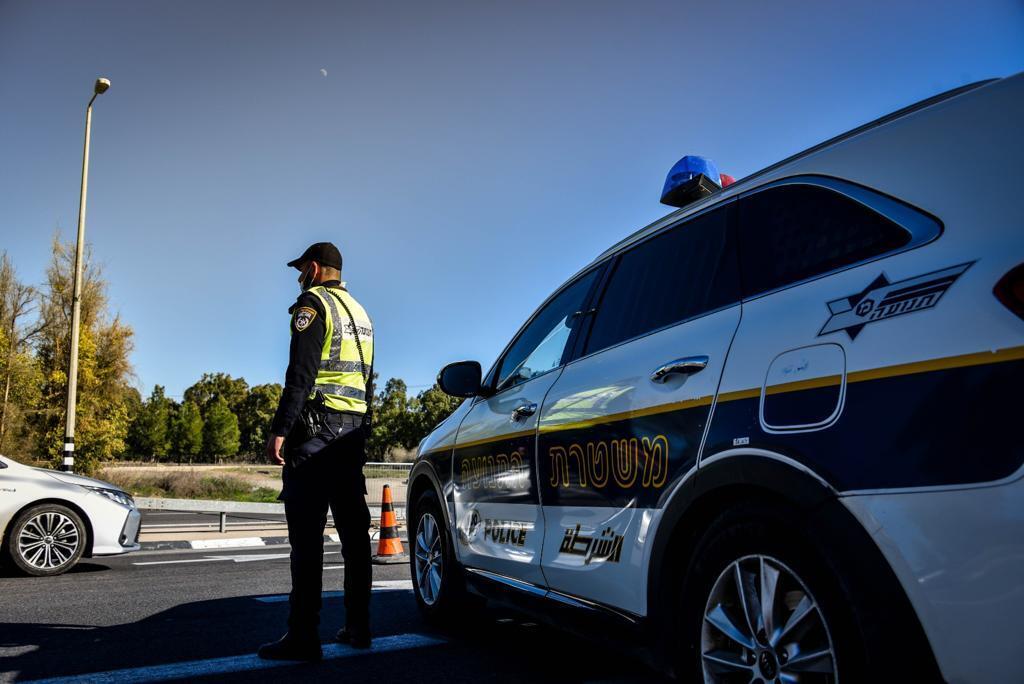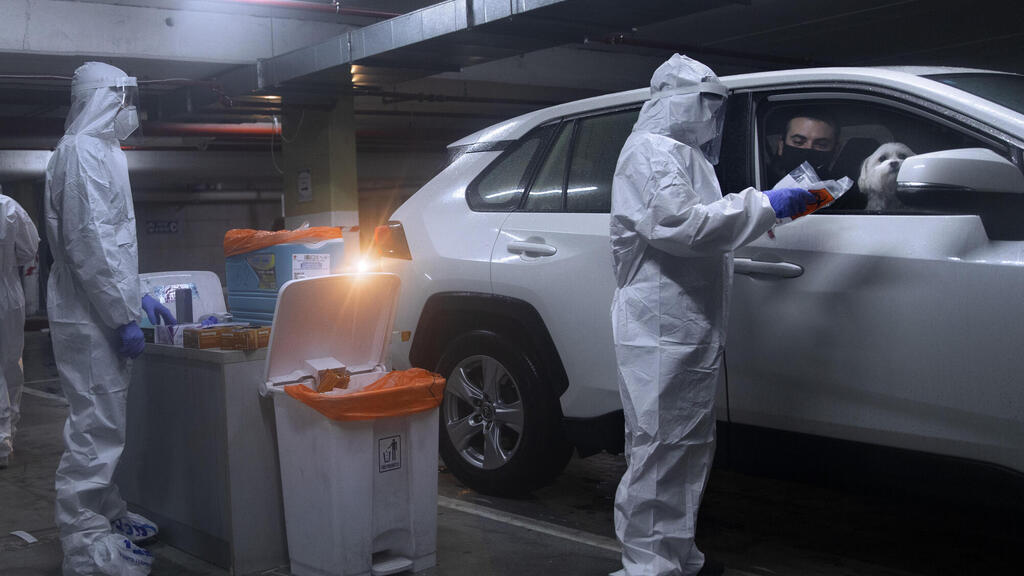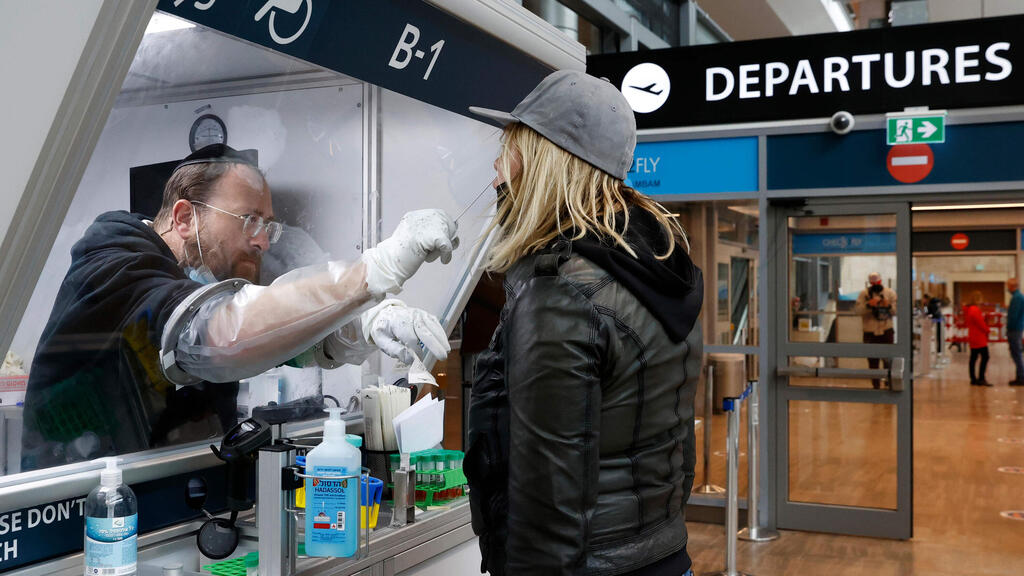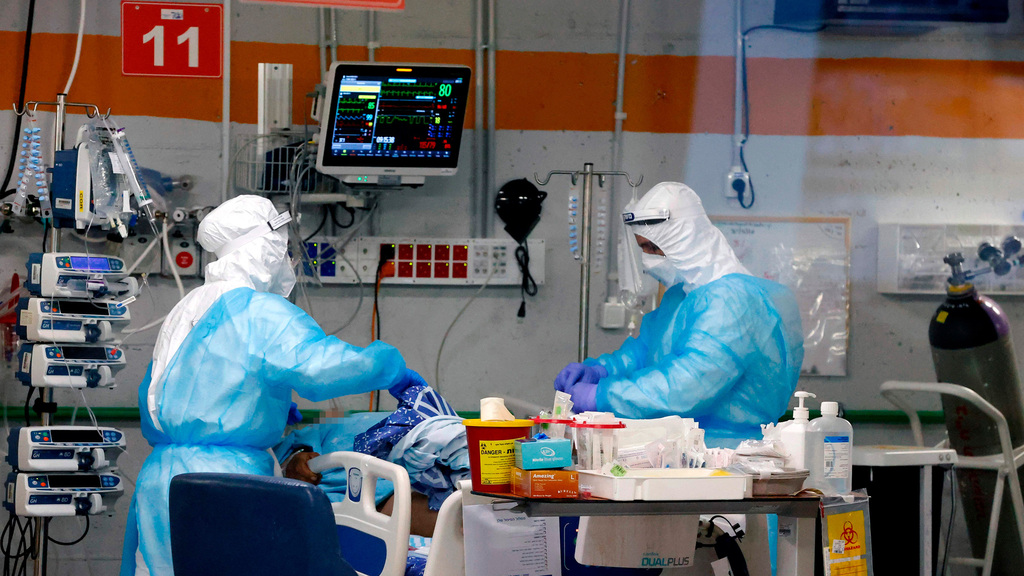Getting your Trinity Audio player ready...
Israel is facing a period of uncertainty as it goes into the final week of its third lockdown, preparing to lift some restrictions from Thursday.
The spread of new strains of coronavirus is already affecting the rate of contagion and the there is no data available yet to determine how Israel's vaccination drive will impact this.
Morbidity is decreasing at a slower pace than expected and the government should consider extending the lockdown by at least one more week in order to ease some of the strain on hospitals already overburdened by severely ill patients.
If no responsible steps are taken to lower morbidity further and Israel lifts its restrictions as quickly as after the previous two lockdowns, the country will swiftly find itself heading into fourth closure.
The government will have to be especially vigilant as so much is still unclear, and make decisions on the fly.
The first move must be to close Ben-Gurion Airport to commercial flights, putting an end to Israelis traveling abroad and returning with coronavirus. For the last few weeks have shown that the rush of Israelis to Dubai and elsewhere is costing the country dearly.
The so-called UK variant of COVID-19 appears to be not only more contagious but possibly more deadly. It is spreading rapidly and according to health officials cannot be stopped.
The virus is fighting back and the only way to prevent it from further damage is to stop it at the country's points of entry.
Perhaps Israel's leaders would be convinced to take necessary measures now that children are being increasingly infected and falling more seriously ill after contracting the virus.
A new and more resistant strain of the virus would be as deadly as a missile exploding inside a kindergarten.
The government's exit strategy from the third lockdown, as far as we know, includes reopening schools at least for some age groups as early as next week.
But as more children get sick there is no longer any doubt that the virus impacts all ages.
Children are likely to spread the disease to others. Putting them together in enclosed spaces will increase contagion and is ill-advised at this stage.
7 View gallery
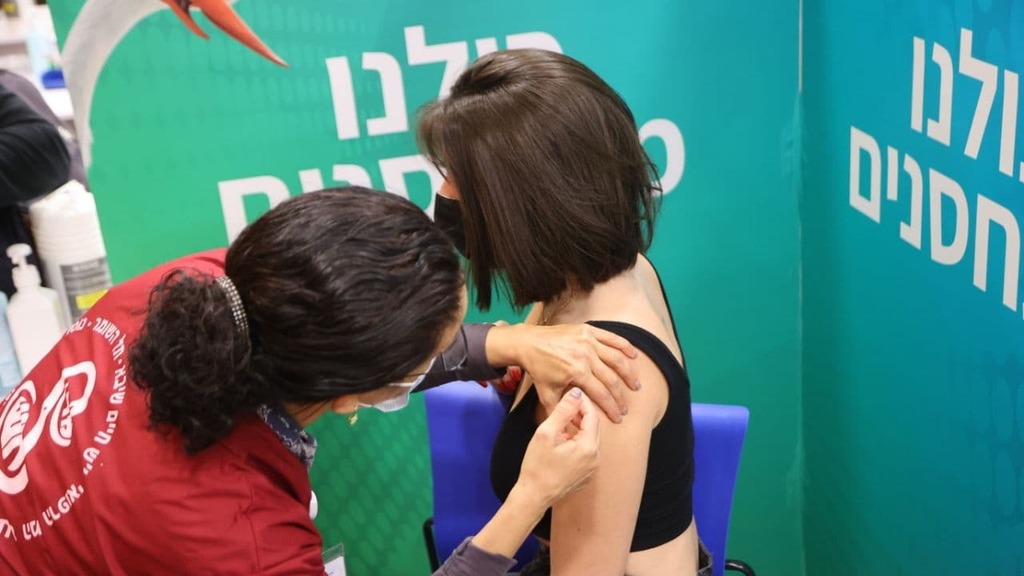

A high school student receives the coronavirus vaccine in Givatayim near Tel Aviv on Saturday
(Photo: Moti Kimche)
The failure of the government and law enforcement agencies to police coronavirus lockdown restrictions is another matter that warrants consideration.
Police positioned 200 roadblocks around the country on Saturday evening, only to remove them after a few hours. Meanwhile, Haredi institutions remain open and any attempts by police officers to close them down are met with riots and violence.
7 View gallery


Haredi demonstrators gather with no social distancing to protest police enforcement of coronavirus restrictions in Bnei Brak
Israel cannot win the war against coronavirus if such flouting of health measure continues.
Politicians who are more concerned with their re-election chances and therefore give these Haredi mobs a free pass should consider whether elections would even be possible with so many of their own voters falling sick.
This is a crucial time. As the danger from COVID-19 increases day by day, it would be a mistake to assume that vaccines alone will save Israelis from the virus.
7 View gallery
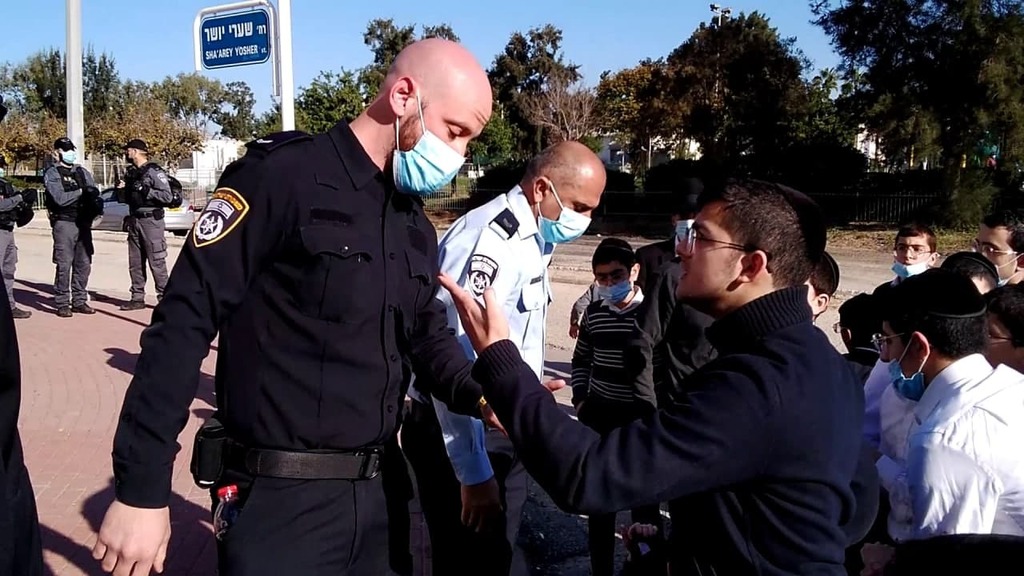

Haredi students confront police attempting to enforce coronavirus lockdown restrictions on their yeshiva in Ashdod
In order to emerge from the crisis, Israel must regard the vaccines as just one tool in its arsenal and keep all other mitigation efforts in place.
If we fail to recognize the severity of the problem and refuse to take responsibility for solving solve it, we will remain locked down as we continue to count our dead.


